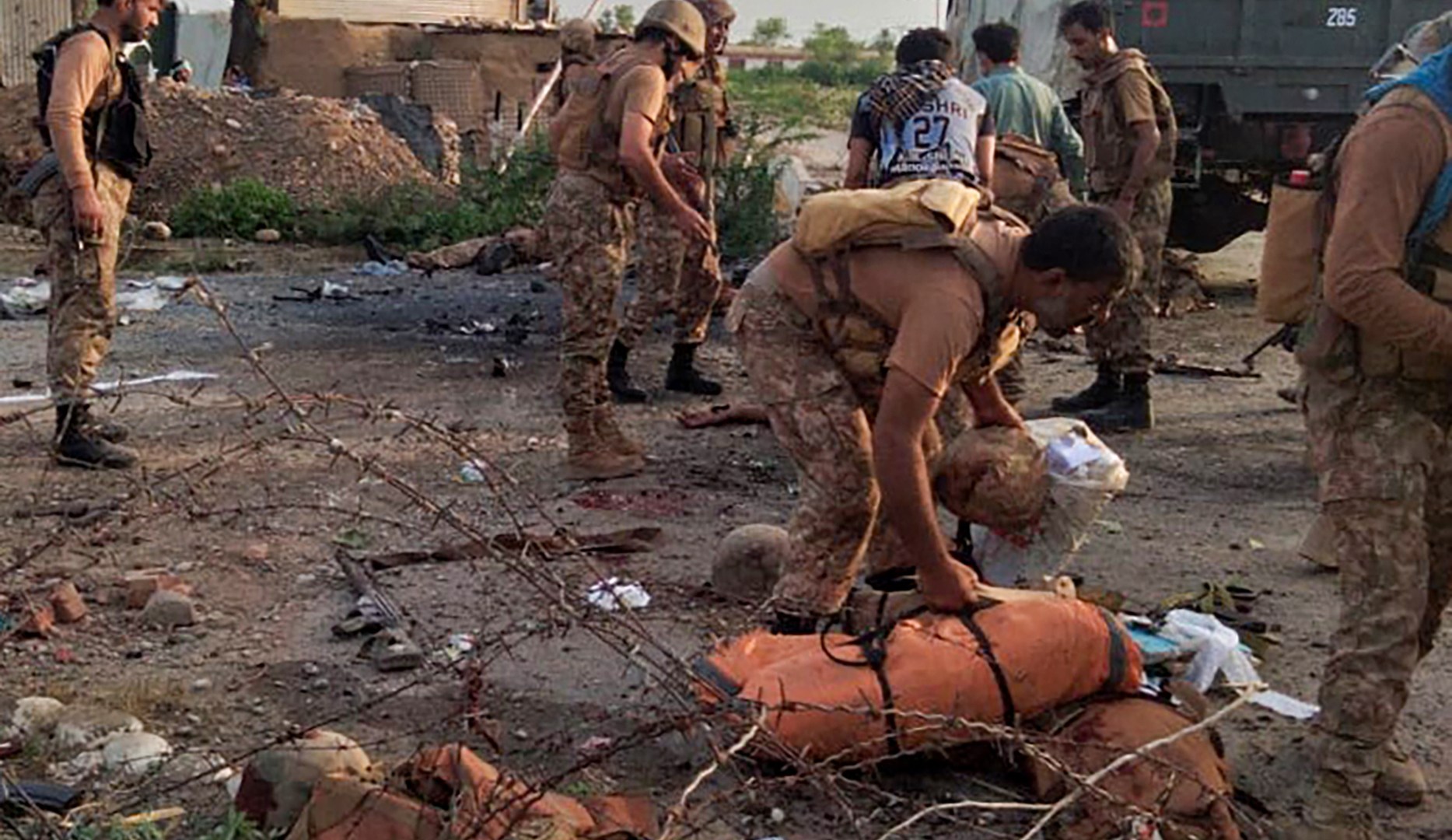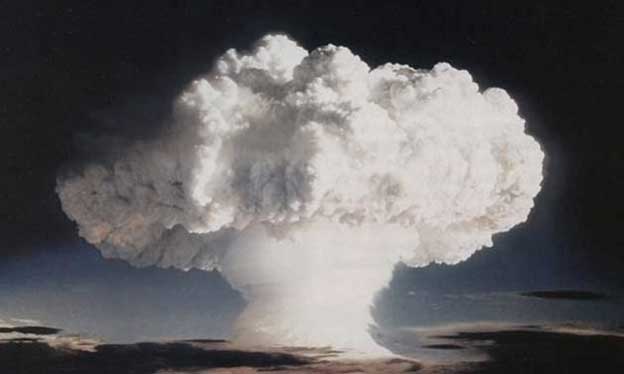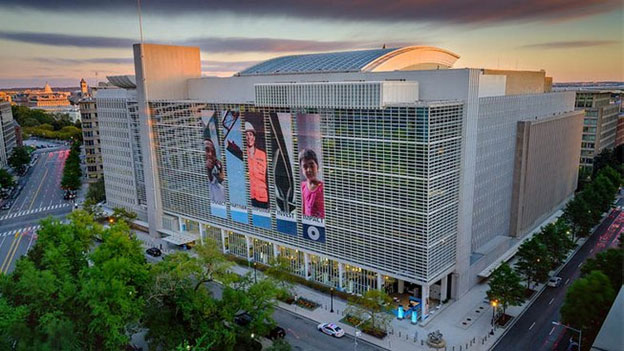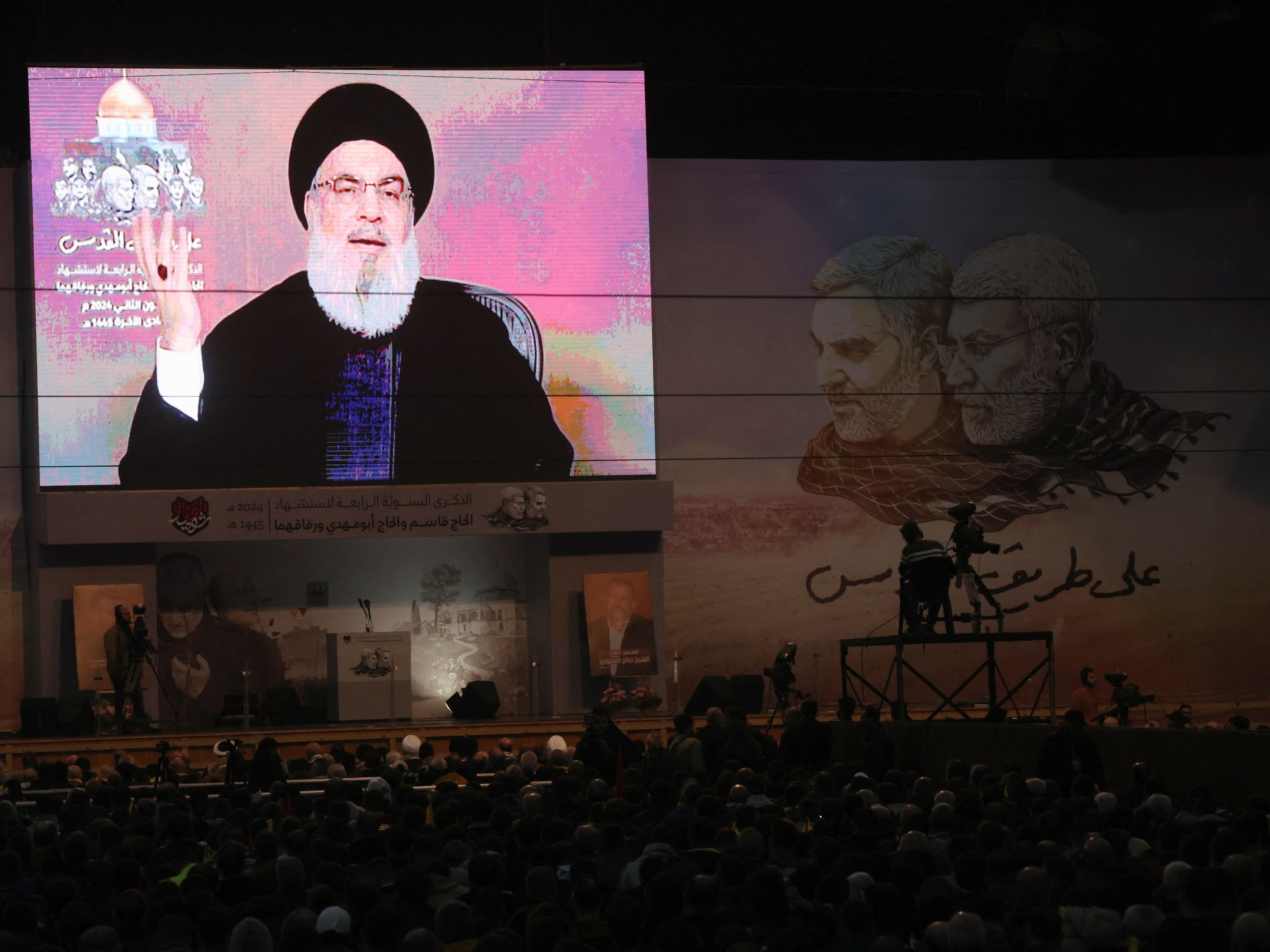Blinken meets Palestinian Authority president in West Bank
Blinken’s trip to the West Bank — cloaked in secrecy until it was over because of security concerns — came amid discussions about the future of Gaza, where more than 9,700 people have been killed in four weeks of fighting, according to the Gaza Health Ministry. Israeli leaders have vowed to destroy Gaza’s Hamas rulers, but they have not offered a vision for who would administer the territory after their assault. Blinken told a Senate hearing last month that “an effective and revitalized” Palestinian Authority would be the best-placed entity to administer Gaza and eventually be responsible for its security.
“We’re engaged in pursuing humanitarian pauses,” Blinken told reporters in Baghdad, where he travelled after the Ramallah meeting for a visit with Iraqi Prime Minister Mohammed Shia al-Sudani, also to talk about the regional security situation. “This can be something that advances the prospect of getting the hostages back.”
Blinken’s trip to Baghdad was a measure of the efforts to which the Biden administration is working to contain the regional risks of the conflict. Part of the reason for the hours-long Iraq visit was to demonstrate to Iran a robust U.S. presence in the region, a senior State Department official said.
Post-conflict Gaza was not a major focus of the discussion with Abbas, the senior State Department official said, but Blinken raised the subject with Abbas. The Palestinian leader expressed willingness to consider playing a role in Gaza’s future, the official said, speaking on condition of anonymity to discuss the sensitive talks.
Abbas told Blinken that “we will fully assume our responsibilities within the framework of a comprehensive political solution that includes all of the West Bank, including East Jerusalem, and the Gaza Strip,” according to WAFA, the official state-run news agency of the Palestinian Authority.
But the group has long been seen as out of touch and irrelevant by many Palestinians in both the Israeli-occupied West Bank and in Gaza. Abbas, who turns 88 next week, is deeply unpopular among Palestinians, many of whom see him and the authority as enablers of the Israeli occupation. Abbas is in the 18th year of what was supposed to be a four-year term as head of the authority.
The conversation focused on updating Abbas about the administration’s efforts to implement “humanitarian pauses” in Gaza, getting aid in and reducing civilian casualties there. Blinken told Abbas about his push on the Israeli government to restore financial flows of support for the Authority, which have been frozen, the State Department official said.
Blinken “reaffirmed the United States’ commitment to the delivery of life-saving humanitarian assistance and resumption of essential services in Gaza and made clear that Palestinians must not be forcibly displaced,” the State Department said in a statement.
The two leaders also “discussed efforts to restore calm and stability in the West Bank, including the need to stop extremist violence against Palestinians and hold those accountable responsible,” the department said.
Abbas called for “an immediate halt to the devastating Israeli war on Gaza and urged the swift provision of humanitarian aid, including medical supplies, food, water, electricity, and fuel, to the war-torn enclave,” WAFA said.
“We meet again under extremely difficult circumstances, and there are no words to describe the genocidal war and destruction that our Palestinian people in Gaza are enduring at the hands of the Israeli war machinery, with no regard for international law,” the official news agency said Abbas told Blinken.
Blinken sped to Ramallah from the Tel Aviv airport on Sunday in a heavily armored motorcade. It slowed down at a checkpoint into the West Bank, then proceeded increasingly slowly as the roads narrowed inside Ramallah. It passed by the tomb of Yasser Arafat on the way to Abbas’s offices.
Tensions between Palestinian residents of the West Bank and Israeli settlers were high even before the Hamas attack that killed at least 1,400 people. Since then, settlers have been arming themselves and Palestinians have been infuriated by what they see as Israel’s heavy-handed assault on Gaza and the growing civilian death toll.
Israeli settlers have built more enclaves inside the West Bank in recent years, an effort that complicates any effort to establish a separate Palestinian state.
Hamas ousted the Palestinian Authority from Gaza in 2007 following a disputed election and has controlled the territory since then. Israel imposed a blockade on Gaza after the Hamas takeover, but Prime Minister Benjamin Netanyahu also tolerated the group’s leadership in part because its control of the territory divided Palestinians and made it more difficult to mount an effective opposition to Israeli policies.
Blinken met for about 80 minutes with Iraq’s prime minister at the leader’s office in Baghdad’s International Zone.
Booth reported from Jerusalem. Rachel Pannett contributed to this report from Wellington, New Zealand.
Check out our Latest News and Follow us at Facebook
Original Source







